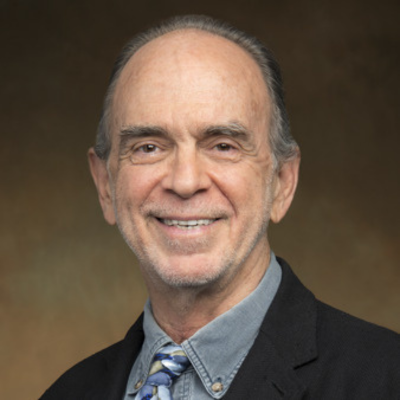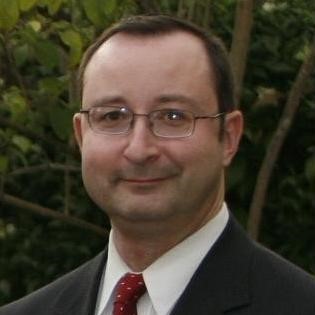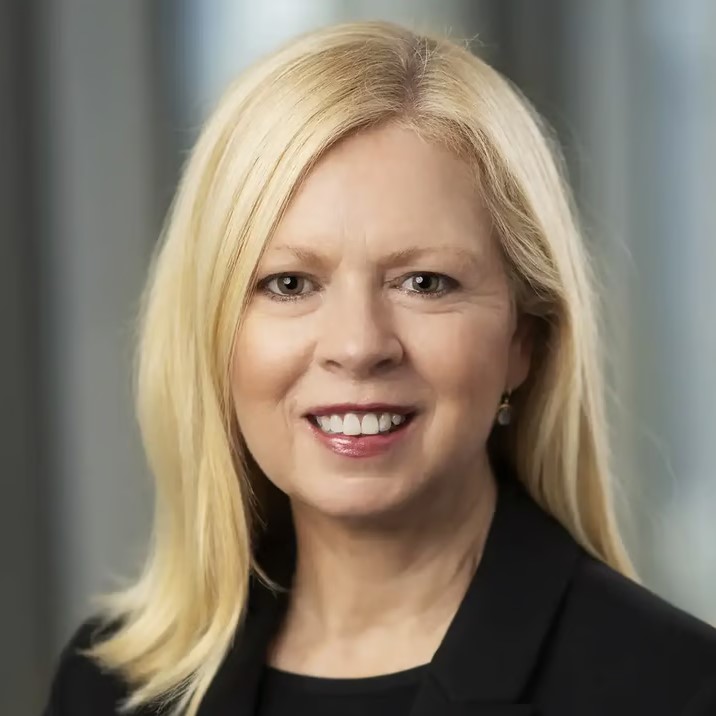A high-DER grid requires upgrading distribution system functions to ensure reliable network operation and effective coordination with the bulk power system and wholesale markets. Distribution System Operator (DSO) models offer a portfolio of options for evolving distribution networks to maximize the benefits of the high-DER grid by aligning performance and market outcomes with grid needs and policy goals. This masterclass will take you through the theory and practical aspects of designing and comparing alternative DSO models to achieve desired objectives.Upgrading electric distribution network functions for a high-DER future
- Upgrading electric distribution network functions for a high-DER future
- How a participatory distribution network complements the bulk system and wholesale market
- Defining the roles and functions of a DSO within a whole-system view of the power system
- Key terms and concepts for the spectrum of DSO models
- Possible distribution-level markets to realise the full benefits of participating DERs
- Criteria for comparing alternative DSO models
- A four-step process for selecting a preferred DSO model
- Implications for roles and responsibilities of other actors in the system
- Evaluating alternative DSO models against specified goals, performance requirements and guiding principles
Facilitator:
 Lorenzo Kristov
Lorenzo Kristov
Principal
Electric System Policy, Structure, Market Design



 David Prins
David Prins Susan Taylor
Susan Taylor